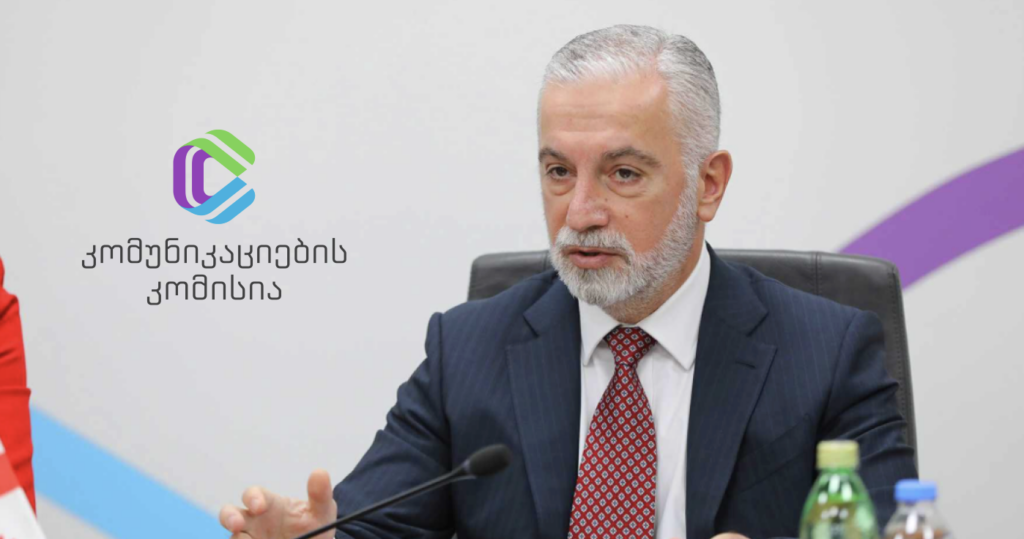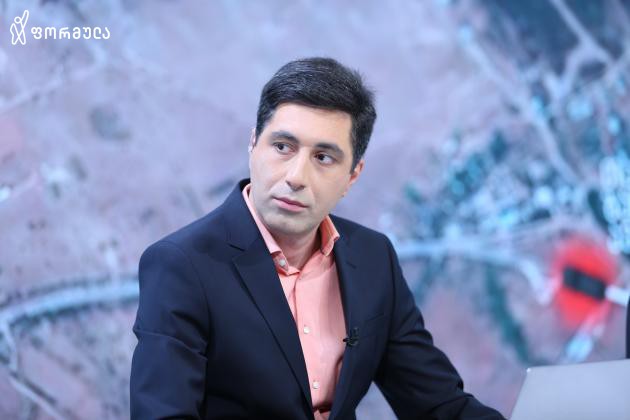The statement by the Chairperson of the Communications Commission, Kakhi Bekauri, regarding the introduction of additional media regulation mechanisms is alarming and carries a real risk of restricting freedom of critical expression in the country.
According to the chairmperson of the Communications Commission, Kakhi Bekauri, there is polarisation in the media space and individual media outlets are operating with a specific political agenda that is not regulated by the law. According to Bekauri, this has allowed television channels to distort the facts and not be held accountable. Per Bekauri, it is necessary to introduce such mechanisms that will ensure the protection of the interests of viewers by the media, and thus “this temperature will drop” in the country.
This is not the first time that the Communications Commission has spoken about the need to change media legislation, including the regulation of hate speech. The Commission cites harmonisation with European legislation as an argument for adopting these regulations, but if we take into account the context of the Georgian media environment and politicised state bodies, it becomes clear that such changes are in fact directed against the freedom of critical expression in the country.
It is unfortunate that the regulator is repeating the rhetoric of the Georgian Dream party against critical media, and the Commission’s call for media regulation is in direct line with the stated goals and initiatives of the ruling party. The Commission’s decisions have repeatedly become the basis for legitimate criticism of the media or the civil society.
The main source of the polarised environment in the country is not the media, but the political forces, in which the ruling party plays the most important role. Undoubtedly, the most effective approach to addressing the obstacles in Georgian media is not to modify the legislation that would furnish the authorities or regulators with a fresh tool of influence, ultimately worsening the media environment.
For years, the Georgian Dream party has been distinguished for its aggressive rhetoric against the press, especially the critical outlets. It is no coincidence that critical journalists are also the main targets of the internal disinformation campaign. There are numerous examples of the discrediting and intimidation of journalists. The Government continues to boycott critical media outlets and does not participate in their political programmes, which hampers the media’s activities and deprives the audience of the opportunity to hear different points of view.
The way to respond to possible violations of professional standards by the media is to effectively use the existing self-regulatory mechanisms. Thus, it is crucial to enhance these mechanisms and increase public awareness in this area. Neither the Government, nor the Communications Commission take steps in this direction. Instead, the emergence of parallel institutions is observed, which, rather than fulfilling the publicly stated objective of cultivating media literacy, seek to undermine critical media.
The current Georgian media landscape is facing significant obstacles, as legal proceedings against media outlets’ proprietors, managers, or family members may have political motivations. Many journalists face physical assaults, verbal abuse, and unlawful surveillance. The authorities are not implementing the measures prescribed by the legislation to establish a healthy media environment. Due to the governmental agencies being politicised and the ruling party’s influence over them, implementing legislative changes that would grant more power to the regulatory body or any other government agency would seriously harm the freedom of expression in the country.



